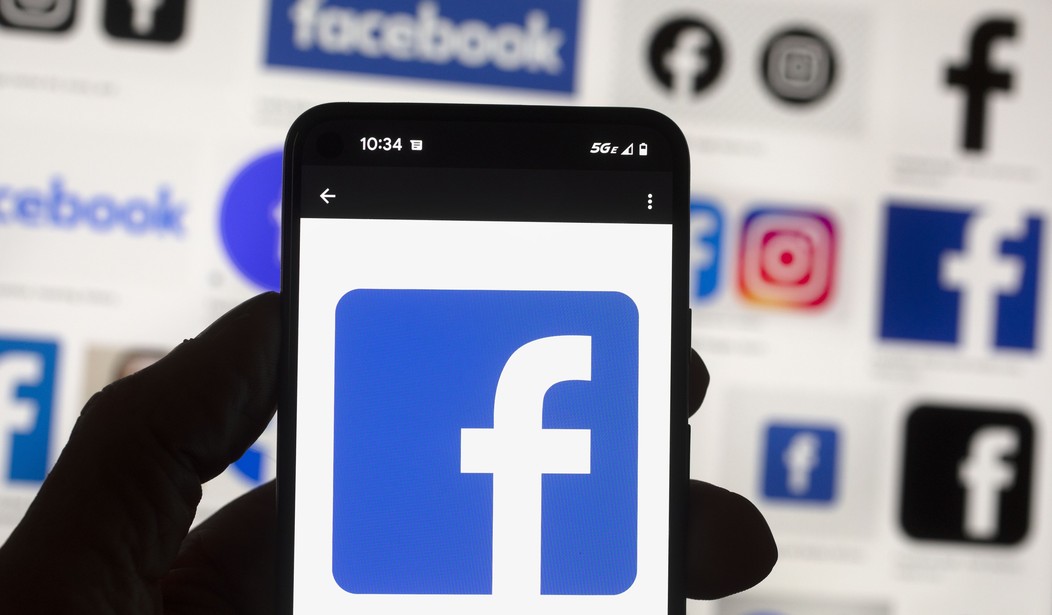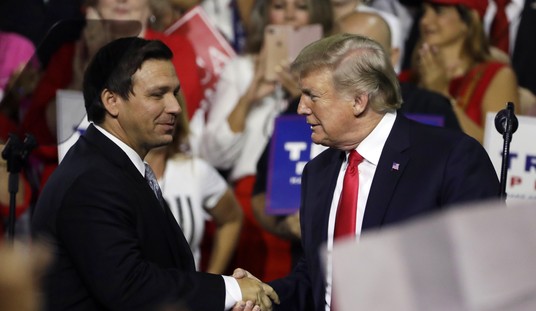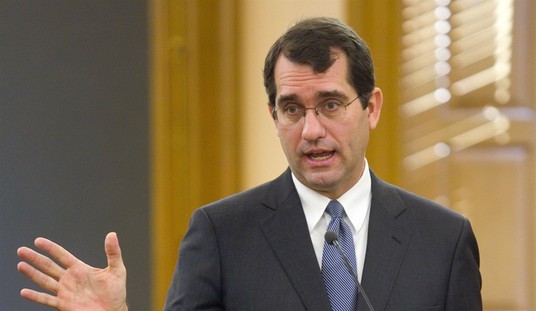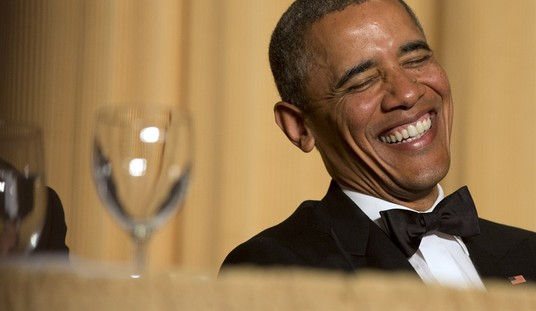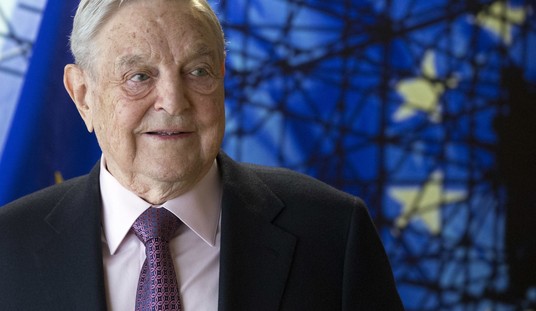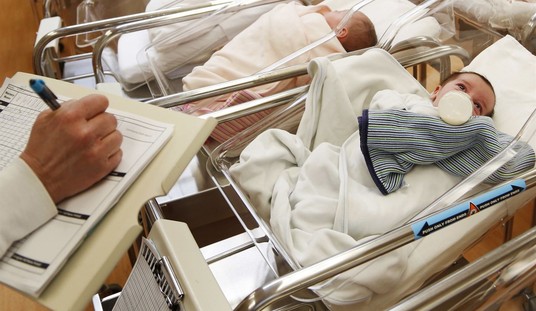My generation, the Millennials, was the first one to have its youth fused with the internet. Back then, we were taught in computer labs how to navigate the web to find information about anything related to schools. It was a fascinating tool that made doing research in the school library an outdated mode of study.
It wasn't long after that we began seeing the emergence of live blogs like Xanga or Blogspot. This became irresistible for young teen minds as it allowed them to express all their angst in a journal that anyone could read. It was drama at the touch of a button.
And then MySpace hit and the world changed. The era of social media began. Tumblr, Facebook, and YouTube would emerge, plunging my generation into a world where virality was the top desire for many. This would soon give birth to the "influencer," someone whose entire job was to be famous on the internet.
Influencers became more powerful in the minds of the youth than politicians, teachers, and even parents. My generation was heavily affected by the internet. But thankfully, my generation had some time to experience life before the internet. We had more time to develop our brains before it took complete hold of us.
Gen Z didn't.
They arrived at the height of the social media wars and with all the influencers and their effects going full blast. Moreover, these platforms had practiced making themselves addictive to millennials so that when Gen Z arrived, they were powerless to resist the effects of some of these platforms.
The chemicals in a developing brain have been seized by these platforms and social media companies use these chemicals in our own brains to addict children. As reported by the American Psychological Association, as a child's brain develops into tween and teenager stages, different types of sensations and interactions provide the brain with the feeling of being rewarded, and social media plays into that:
Between the ages of 10 and 12, changes in the brain make social rewards—compliments on a new hairstyle, laughter from a classmate—start to feel a lot more satisfying. Specifically, receptors for the “happy hormones” oxytocin and dopamine multiply in a part of the brain called the ventral striatum, making preteens extra sensitive to attention and admiration from others.
“We know that social media activity is closely tied to the ventral striatum,” said Mitch Prinstein, APA’s chief science officer. “This region gets a dopamine and oxytocin rush whenever we experience social rewards.”
Right next door to the ventral striatum lies the ventral pallidum, a region of the brain key for motivating action. These structures, which lie beneath the more recently evolved cortex, are older parts of the brain that drive instinctual behaviors.
These kids are effectively taught to go back to the trough of social media for rewards and approval. This is different from regular peer-to-peer interactions as a simple conversation between two people is done and over with the moment it stops. However, online a conversation can be rated, judged, and rewarded by friends, family, and even complete strangers long after the conversation is over. This can cause a hyper-focus on performance rather than real social interaction.
This can create all sorts of issues and anxieties, including body image issues, bullying, and depression. This can't be good for a young developing brain.
According to the Daily Wire, 33 states have filed a lawsuit against Meta, accusing the company of contributing to the mental health crisis in America by addicting the youth:
“Meta has harnessed powerful and unprecedented technologies to entice, engage, and ultimately ensnare youth and teens,” according to the 233-page complaint. “Its motive is profit.”
The lawsuit alleges that Meta has misled the public about the “substantial dangers” of its social media platforms by concealing its practices to make its “most vulnerable” consumers — teenagers and children — into addictive and compulsive social media users.
The states cited research that shows children’s use of Meta platforms is associated with “depression, anxiety, insomnia, interference with education and daily life, and many other negative outcomes.”
The issue is serious enough that U.S. Surgeon General Vivek Murthy issued an advisory in May, stating "I’m concerned that social media is contributing to the harms that kids are experiencing,”
At some point, society has to come to a reckoning about the youth and social media's co-existence. Long ago, we made laws that prohibited the use of various substances by minors because of their highly addictive and dangerous effects on them. Tobacco, alcohol, and some legalized drugs like marijuana are illegal for minors to consume and possess, and for good reason. Mixing them never results in anything good.
The same thing can be said for social media. It's clearly causing some awful things to happen to children, and while keeping them from the internet is almost an impossible task given how prevalent it is in today's society and how useful of a tool it can be for educational purposes, perhaps social media needs to be treated just like any other addictive substance.
In fact, given the data, I would argue that the effects of social media on the brain of a child are worse than a beer.

